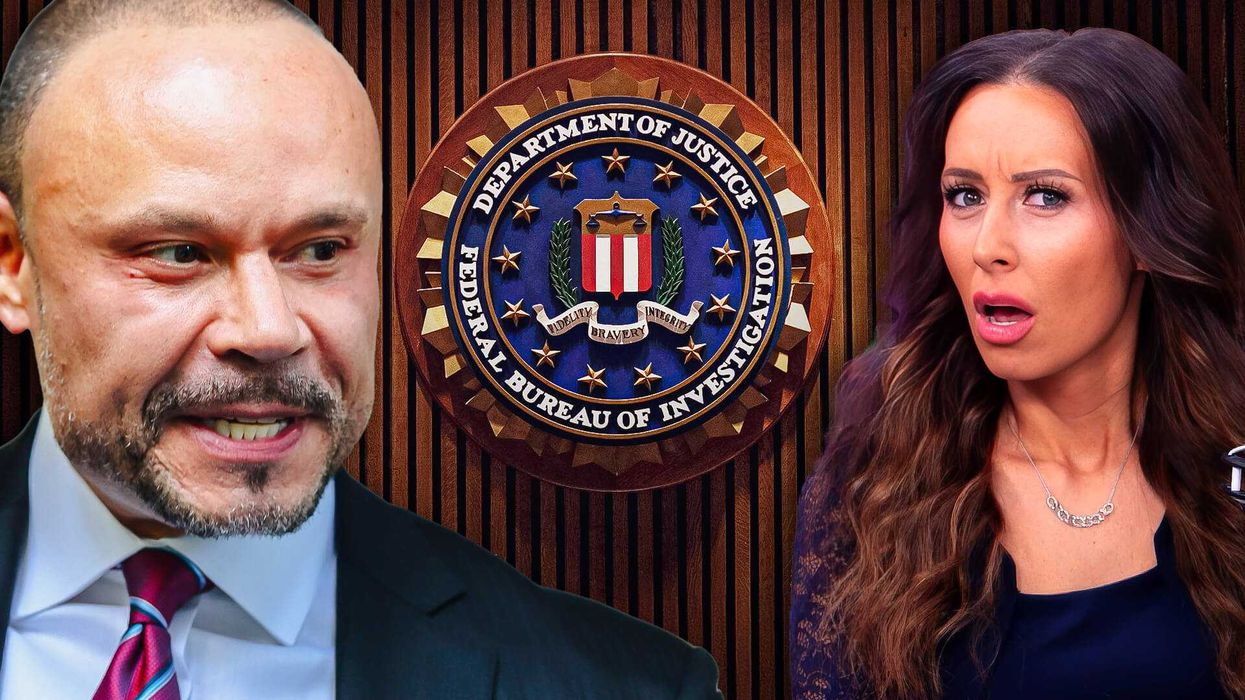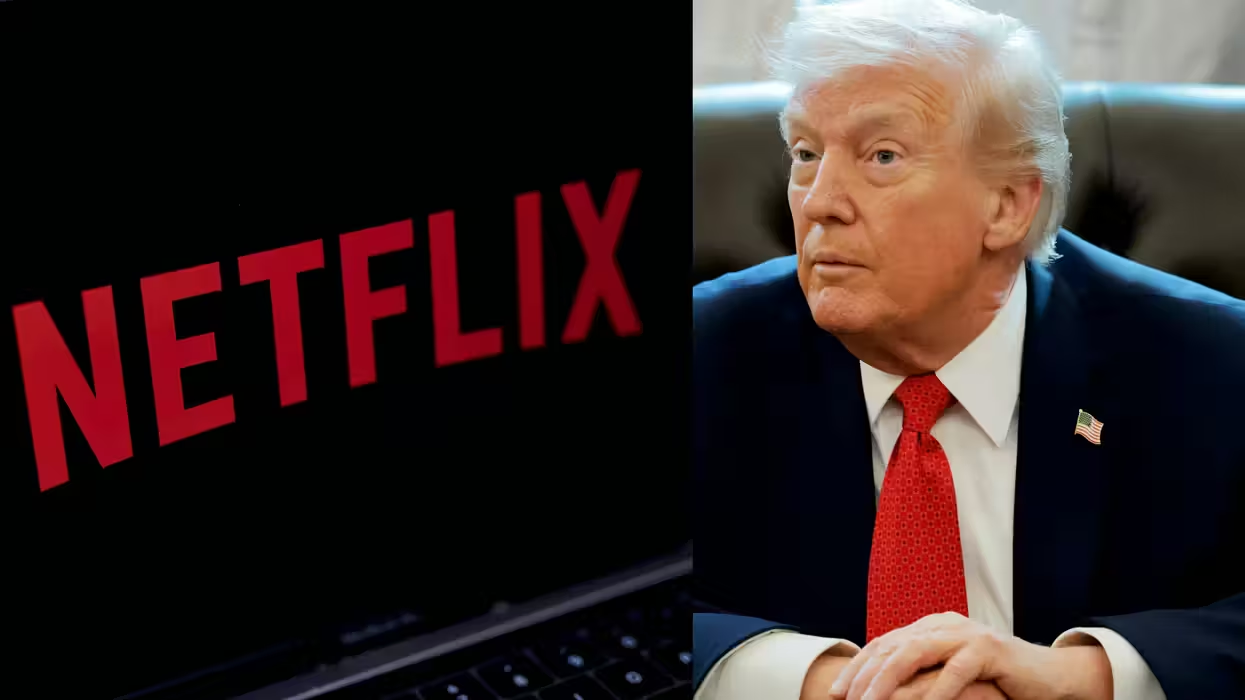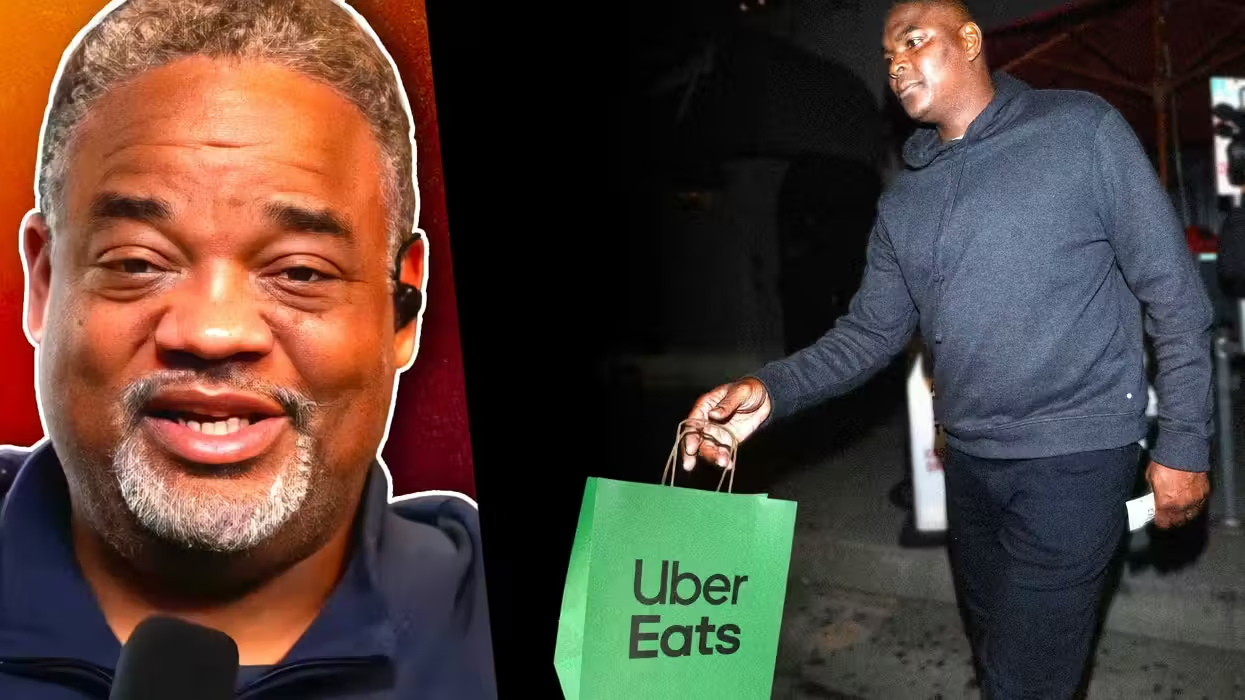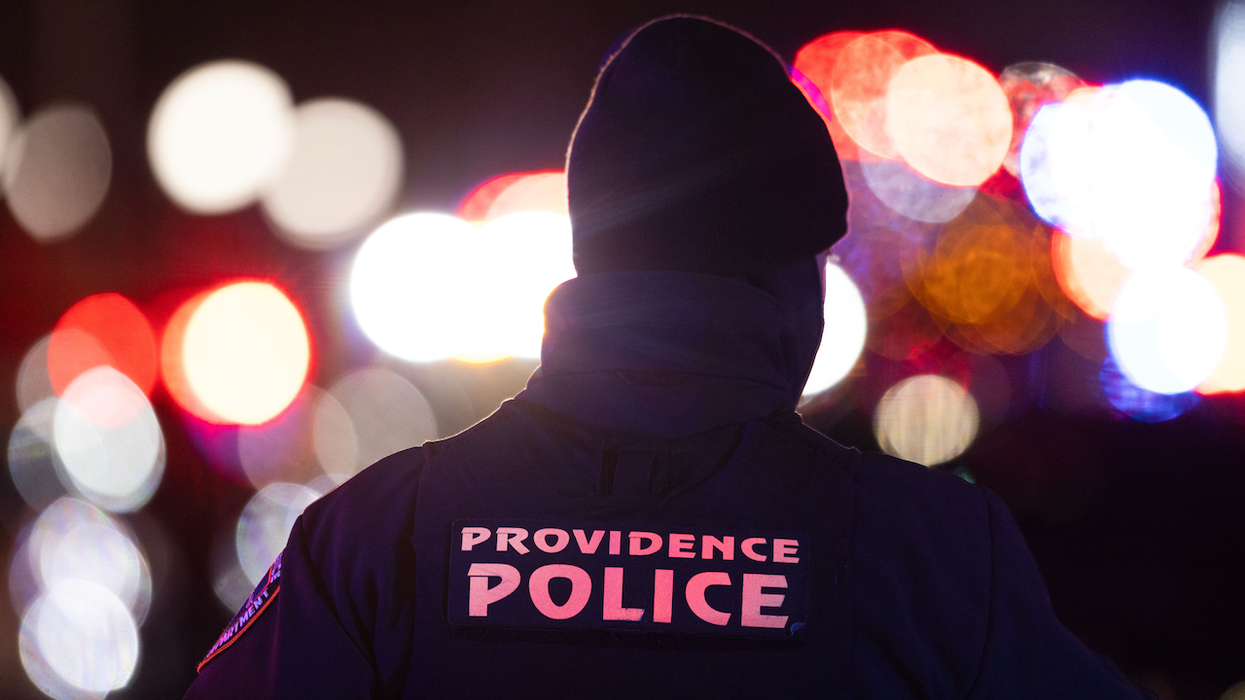The world can be an awful place.
Take, for example, the time when Oliver Cromwell led English forces into the Irish town of Drogheda where they summarily “set fire to St. Mary's church, burning alive those who had taken refuge in it and then butchered women hiding in the vaults below.” Further, “some accounts say they used Irish children as human shields and killed every priest, treating them like combatants, because they had encouraged the defenders.”
Several hundred years later, consider the fact that between the years of 1838 and 1839, the Cherokee people were forced from their homes by the Indian Removal Act, and made to go west in what would later become known as the Trail of Tears. An estimated 4,000 died along the way from disease and starvation.
[sharequote align="center"]We often repay racism, or the memory of it, with more racism.[/sharequote]
Or remember the time when, during one of the most agregious of their many brushes with oppression, the Jewish people were torturously exterminated en masse from European society under the iron hand of Adolf Hitler during the mid 20th century.
Hold onto those thoughts for a just a moment.
During the last few weeks I wrote two pieces addressing the situation in Ferguson. First, I expressed an intense frustration with the knee-jerk reaction to racism that almost always ensues—regardless of whether or not the facts establish it—and I implored readers to judge the situation individually, and not as carte blanche to use the situation to declare white people (especially cops) as inherently racist.
Second, I wrote a piece meant to combat another dangerous trend: that is, the assumption that all cops are corrupt, power-hungry pigs.
Not surprisingly, I received my share of angry social media posts, and personal emails. One of the most disturbing of the trends can be summed up like this:
How DARE you insinuate that you have the right to talk about race and oppression and unfairness.
Meaning—I’m white, and thus I’m not allowed to talk about it.
 Twitter screenshot provided by Mary Ramriez.
Twitter screenshot provided by Mary Ramriez.
Another gem I received was that judging by my last name, I must be Mexican and thus ought to know better than to side with the "wrong" side.
Let me be very, very clear. I have every right. I am an American, and this is my country, too. Even more importantly, I am a human being, and it’s high time that we get something straight:
Racism, oppression, bigotry, unfairness—these are not things suffered exclusively by one, or a few races.
By the way, I happen to hail from Irish, Cherokee and Jewish ancestry, among many others. As many of you know by now, my husband is Mexican. Which means—whether it was the Spanish Hernán Cortés who slaughtered the Aztecs , or the Islamic forces who centuries earlier conquered the Iberian Peninsula—his ancestry is littered with oppression, too.
Here’s a politically incorrect reality check: everyone’s is.
Every, single, solitary person on this planet—regardless of race, religion or creed—can point to a time, either past or present, where oppression has reared its ugly head.
 Demonstrators demonstrate on August 15, 2014, as they protest the shooting death of 18-year-old Michael Brown in Ferguson, Missouri. Vandals attacked stores in Ferguson early August 16, hours after police said the unarmed black teenager shot dead by a white officer in an incident that unleashed days of rioting was a robbery suspect. The allegation reignited anger in the town, a St. Louis suburb in the state of Missouri that has endured on-and-off rioting since 18-year-old Michael Brown was killed on August 9. AFP PHOTO / Joshua LOTT
Demonstrators demonstrate on August 15, 2014, as they protest the shooting death of 18-year-old Michael Brown in Ferguson, Missouri. Vandals attacked stores in Ferguson early August 16, hours after police said the unarmed black teenager shot dead by a white officer in an incident that unleashed days of rioting was a robbery suspect. The allegation reignited anger in the town, a St. Louis suburb in the state of Missouri that has endured on-and-off rioting since 18-year-old Michael Brown was killed on August 9. AFP PHOTO / Joshua LOTT
Does this mean we ignore racism and oppression where it truly exists? Absolutely not.
What it does mean is that we (all) not only have the right to talk about it, we also have an obligation not to sully the memory of those who have truly suffered—whether it’s under Jim Crow in the south, or in the Japanese internment camps of the 1940s—by trying to make an issue race-based, that isn’t. Remember the boy who cried wolf? The same principle applies.
The fact is, we have to deal with racism and oppression where it really exists . . . and resist human nature’s urge to let more hate grow in its place.
I once wrote that unlike racism, which is a deplorable, base human tendency, forgiveness is “an act of the will.” Indeed, it’s not hard for someone to be racist. It is, however, extremely hard to forgive it where it has truly occurred.
Instead, we often repay racism (or the memory of it) with more racism. Like it or not, telling someone that their opinion on race is invalid because they’re the “wrong color” is racist, and it perpetuates the very thing we’re supposed to be trying to defeat.
Do we want Martin Luther King's dream? We’re all going to have to walk the walk. Do unto others as you would have them do unto you. No asterisks; no conditions. Can you imagine if God’s message of forgiveness had come with an asterisk?
“For God so loved the world, that He gave his one and only Son, that whoever* believes in him will not perish, but have eternal life.” (John 3:16)
(*except for those dirty rotten scumbags who beat me to a pulp, nailed me to a cross and shoved a spear in my side. . .)
How about instead of perpetuating racism by refueling it at every junction, we—as a human race—recognize that we’re all capable of this terrible trait, and we’ve all experienced it in one form or another.
And, that as human beings, we’ve all got a right to talk about it.
Mary Ramirez is a full time writer, creator of www.afuturefree.com – a political commentary blog, and contributor to The Chris Salcedo Show. She can be reached at: afuturefree@aol.com; or on Twitter: @AFutureFree
–
TheBlaze contributor channel supports an open discourse on a range of views. The opinions expressed in this channel are solely those of each individual author.


 Twitter screenshot provided by Mary Ramriez.
Twitter screenshot provided by Mary Ramriez.






